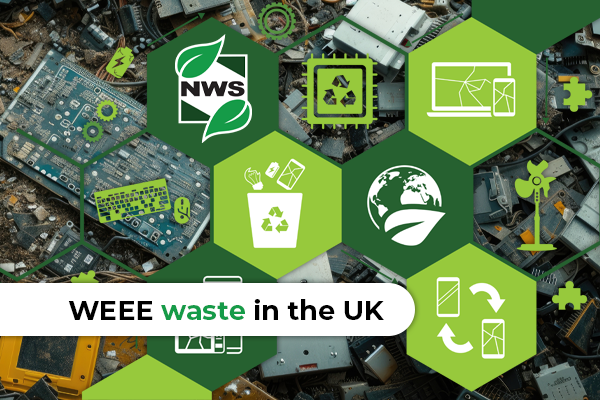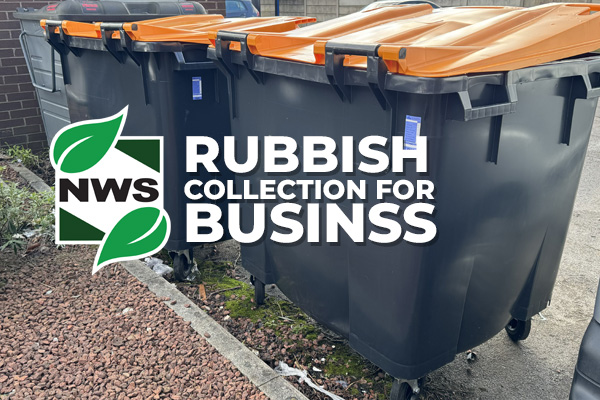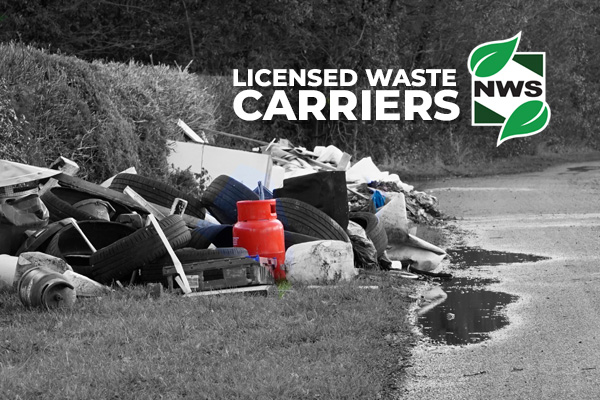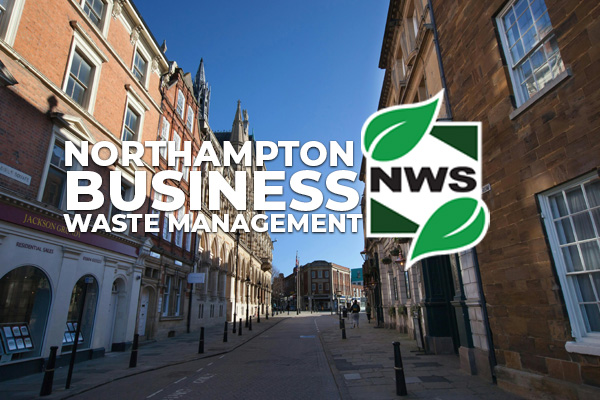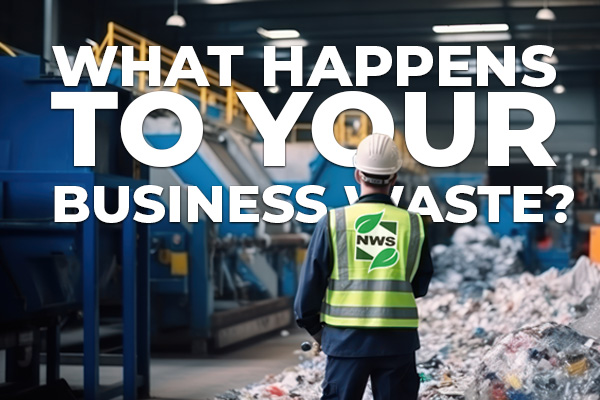In recent years, the global community has been increasingly aware of the detrimental impact of waste, particularly in industries like food service where packaging and food waste are significant contributors. To responsed to this growing concern, governments around the world are implementing legislation to address the issue. In the United Kingdom, for instance, there has been a notable ban on plastic polystyrene packaging, a move aimed at reducing environmental harm. Moreover, stringent rules are emerging regarding the segregation of materials, placing greater responsibility on businesses to minimise their waste output. This is a Guide to more Sustainable Business Waste Practices.
Legislation Driving Change Food and Packaging Waste
The UK government has been proactive in implementing measures to combat waste in the food service industry. The ban on plastic and polystyrene packaging is a prime example of this effort. Polystyrene, commonly used in takeaway containers and packaging, is not biodegradable and poses significant risks to the environment. By outlawing its use, the government aims to encourage businesses to adopt more sustainable alternatives.

Additionally, regulations regarding the segregation of Food and Packaging Waste materials are becoming increasingly stringent. Businesses are now required to separate recyclable materials from general waste, facilitating more effective recycling and reducing the volume of waste sent to landfills. Failure to comply with these regulations can result in hefty fines, underscoring the importance of adherence. Check out what is happening in Wales regarding Work Place Recucling.
Business Responsibility and Benefits
While legislative mandates provide a framework for change, businesses also have a moral and financial responsibility to minimise their waste output. Not only does effective waste management contribute to environmental sustainability, but it can also yield significant cost savings and operational efficiencies. Save your business on its bin collections.
Reducing food waste, for example, not only benefits the environment but also enhances profitability. By implementing measures such as portion control, inventory management systems, and donation programs for surplus food, businesses can minimise waste while maximising revenue. Moreover, adopting sustainable packaging solutions not only aligns with consumer preferences but also reduces costs associated with single-use materials.
Transitioning to Sustainable Practices
Transitioning to sustainable waste management practices requires a concerted effort from businesses across the food service industry. While change may seem daunting, numerous resources and support systems are available to facilitate the transition.
One avenue for businesses to explore is Nationwide Waste Services (NWS), a platform that connects businesses with waste management solutions tailored to their needs. By completing a simple form on the NWS website, businesses can access a range of Food and Packaging Waste management services, from recycling programs to composting solutions. Moreover, by leveraging NWS’s network of providers, businesses can often secure competitive pricing, reducing overhead costs significantly.
Benefits of Efficient Waste Management
The benefits of efficient waste management extend beyond cost savings. By diverting waste from landfills and adopting sustainable practices, businesses can enhance their reputation and appeal to environmentally conscious consumers. Moreover, reducing Food and Packaging Waste contributes to overall operational efficiency, streamlining processes and minimizing resource consumption.
And Finally
In conclusion, the imperative to minimize food and packaging waste in the food service industry is clear. Legislative measures, such as the ban on plastic polystyrene packaging, underscore the urgency of addressing this issue. However, businesses also have a crucial role to play, both ethically and economically. By embracing sustainable practices, businesses can not only reduce their environmental footprint but also enhance profitability and operational efficiency.
Transitioning to sustainable waste management practices may seem daunting, but resources like Nationwide Waste Services (NWS) offer accessible solutions tailored to business Food and Packaging Waste needs. By completing a simple form on the NWS website, businesses can unlock a range of waste management services and often secure competitive pricing. Together, through collaborative efforts and commitment to change, the food service industry can pave the way towards a more sustainable future.



